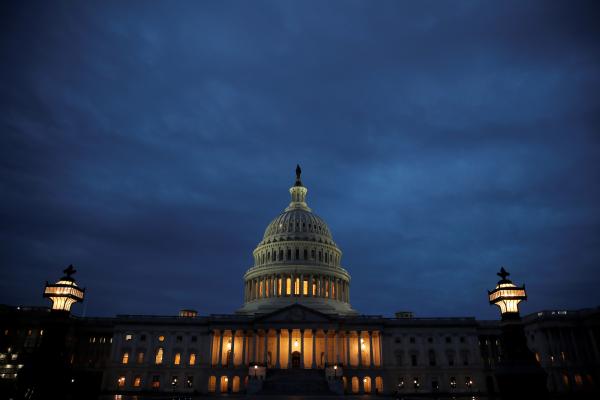Jan 9, 2019
In Donald Trump’s address to the nation last night, meant to emphasize his desire for a physical barrier to close off the southern border, he stated, “Women and children are the biggest victims, by far, of our broken system.” He referenced high rates of sexual assault on the journeys up the southern border and the brutal rape and murder of a California resident by an undocumented immigrant and a U.S. citizen (though he failed to highlight the ladder assailant). I agree with Trump that women and children are the biggest victims of the broken system, though not in all the ways that he had in mind.
Read the Full Article

Already a subscriber? Login
